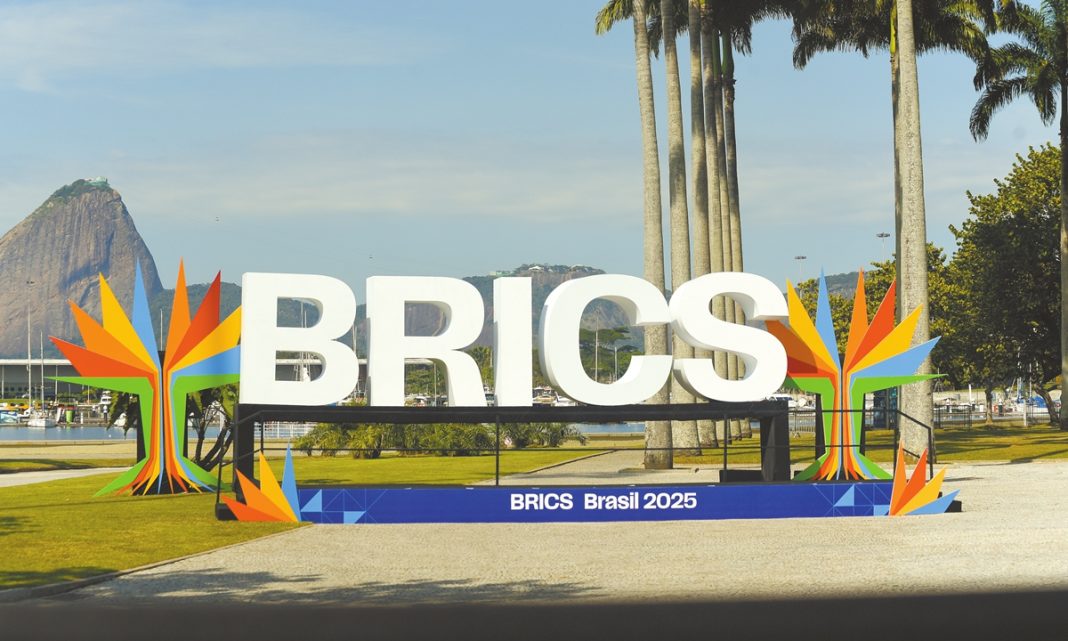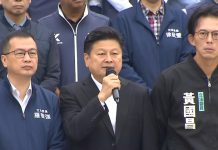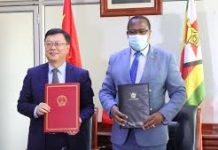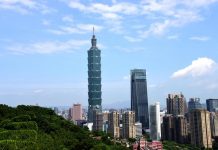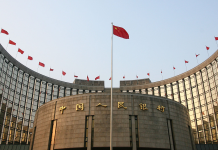BEIJING: At the invitation of Brazilian President Luiz Inácio Lula da Silva, President Xi Jinping will attend the BRICS Leaders Virtual Meeting via video link in Beijing on Monday and deliver an important address, the Chinese Foreign Ministry announced on Sunday.
According to a Bloomberg report, Lula is convening a virtual meeting of BRICS leaders to discuss US trade policy, the report said, citing four people familiar with the plan.
The meeting is expected to discuss not only trade tariffs imposed by the US government, but also to rally fellow heads of major emerging market nations in support of multilateralism, according to two Brazilian government officials, the report said.
Brazilian based newspaper O Estado de S. Paulo reported that unusually for diplomatic events of this kind, the Brazilian government has not prepared and does not plan to release a joint communiqué from the countries at the end of the meeting, as BRICS countries are at different stages of trade negotiations with the US.
Since July, the tariffs against Brazil and India have worsened, both being taxed at 50 percent, the highest level of all. The United Arab Emirates, Saudi Arabia, Egypt, Iran and Russia received the global minimum tariff of 10 percent, while China had its tariff reduced to 30 percent and is engaged in ongoing negotiations. South Africa was also taxed at 30 percent, according to media reports.
The Monday virtual summit is expected to talk about the need to strengthen and reform the World Trade Organization (WTO) and other institutions, such as the United Nations Security Council, discuss peace proposals for the conflict in Ukraine, as well as the Israel-Palestine conflict, per local media reports.
Another topic put on the agenda by Brazil is the constructive role of countries during the COP-30 climate meeting in November and the search for support for the Forever Tropical Forests Fund (TFFF), which will be launched in the Amazon and is seen as a major Brazilian innovation in protecting the world’s tropical forests.
Russian President Vladimir Putin will take part in Monday’s BRICS virtual summit, Kremlin spokesperson Dmitry Peskov said in an interview with TASS on the sidelines of the Eastern Economic Forum, TASS reported on Friday.
India will be represented by external affairs minister S Jaishankar, not Prime Minister Narendra Modi, The Times of India reported.
With Brazil seeking to distance BRICS from the image of being an “anti-US bloc” as portrayed by some in the West, the Lula government will avoid giving the US an excuse to re-impose punitive sanctions on the country, per the O Estado de S. Paulo report.
Government officials also said that BRICS is not a platform to quarrel with anyone, and that the interest is, besides defending multilateralism, to explore more business opportunities, both in trade and investment, Brazilian media reported.
“The US has been accustomed to having a dominant position in the Western Hemisphere. The creation and development of BRICS have brought a new equilibrium and a new balance in the world that gives us more independence. And some people probably don’t like that,” Celso Amorim, chief advisor to the president of Brazil, told the Global Times in an exclusive interview.
“We want to keep good relations with the US. We have a lot to learn. But we want diversity and variety of partners. And that’s our choice. And China is a very important country in this context, just like other BRICS countries,” Amorim said. “The world is changing. The world can no longer be governed by the G7. In order to be a balanced group, we need a strong BRICS.”
Chinese experts noted that one of the main reasons this virtual summit is being held is that with US announcing new additional tariffs on BRICS countries in July. BRICS countries therefore need to strengthen coordination and internal economic and trade cooperation to resist the economic impact brought by higher tariffs. And in terms of trade, it is necessary for BRICS to reaffirm its stance and voice on behalf of the Global South and BRICS countries themselves.
“As a representative of the Global South, BRICS has a very clear positioning now, which reaffirmed that BRICS is not targeted at any third country. It is a mutual assistance organization and a cooperation platform with development as its core,” Xu Feibiao, director of the Center for BRICS and G20 Studies with the China Institutes of Contemporary International Relations, told the Global Times on Sunday.
“In the face of issues that threaten the Global South or even the whole world, BRICS has the obligation to stand up and voice its opinions. However, doing so does not mean that BRICS is targeting anyone,” Xu stressed.
The leaders of BRICS countries and their partner countries have formed a clear consensus to firmly oppose the unilateral trade measures that undermine the multilateral trading system. It is based on such a consensus that the video summit will be held, which is of great significance, Wang Youming, a researcher from the China Institute of International Studies, told the Global Times on Sunday.
Against the backdrop of rising global protectionism and unilateralism, this video summit will point the way forward for future global trade governance, Wang said.
At the BRICS summit held in Rio de Janeiro in July, leaders of the 11 largest emerging economies signed the Rio de Janeiro Declaration, voicing serious concerns about the rise of unilateral tariff and non-tariff measures which distort trade and are inconsistent with WTO rules. “The proliferation of trade-restrictive actions,” the declaration said, “threatens to further reduce global trade, disrupt global supply chains, and introduce uncertainty into international economic and trade activities.” –The Daily Mail-Global Times news exchange item

